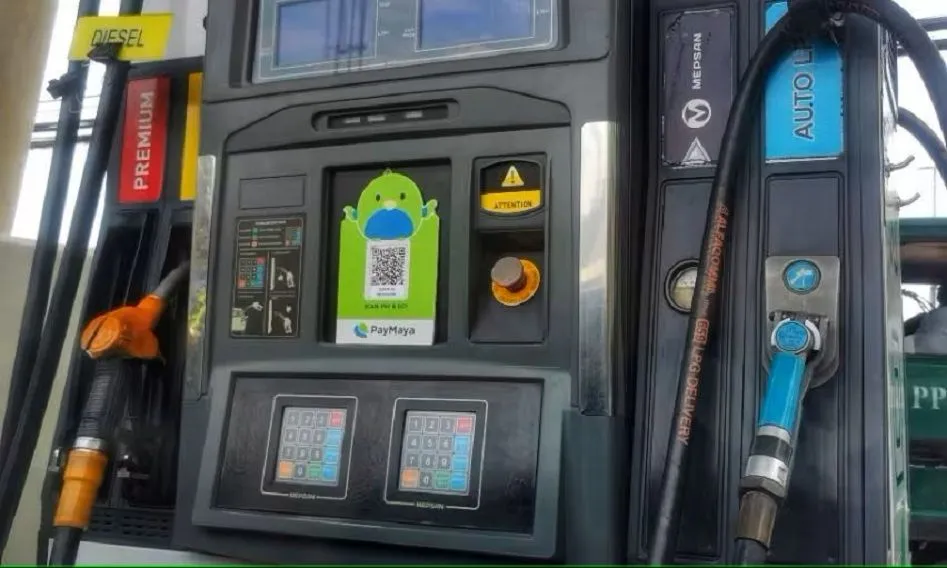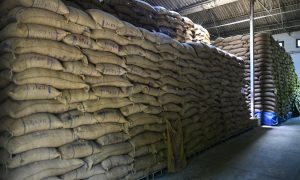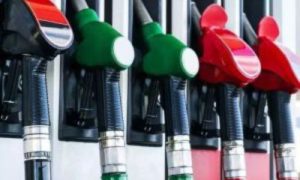CAMPI ‘ready’ for higher biofuels blend shift

Starting October 2024, new vehicles will adhere to the Department of Energy’s (DOE) guidelines, promoting a higher biofuel blend to diminish reliance on imports and cut greenhouse gas emissions. Per DOE Circular No. 2024-05-0014, diesel fuels must contain a three-percent coco methyl ester (CME) blend, gradually increasing to five percent by October 2026. This move is expected to bolster the local coconut industry, yielding 100-120 million additional liters of CME annually. Additionally, a 20-percent ethanol blend (E20) in gasoline, though voluntary, could potentially reduce pump prices by P3.21 per liter. CAMPI President Atty. Rommel Gutierrez noted the industry’s global strategy towards carbon neutrality and electrification. Energy Secretary Raphael Lotilla emphasized the initiative’s role in fostering economic growth, environmental stewardship, and cleaner energy utilization.
The group shared that new vehicles are already in line with the soon-to-be-implemented guideline set by the Department of Energy (DOE), which will commence beginning October 2024.
The new DOE guideline for adopting a higher biofuel blend is aimed at reducing dependence on imported fuels, greenhouse gas emissions, and strengthening the local biodiesel and bioethanol sectors.
Under Department Circular No. 2024-05-0014, local oil firms are required to implement a three-percent coco methyl ester (CME) blend in all diesel fuel sold nationwide by October 1. The percentage will gradually increase to four percent in October 2025, and five percent come October 2026.
Such move, the DOE, explained, is expected to create additional market for coconut farmers, biodiesel producers, and other stakeholders in the coconut industry — with around 900 million additional nuts as feedstocks to produce around 100-120 million liters of additional CME requirements to satisfy the mandatory increase in CME blend.
The energy department also shared that the five-percent higher CME blend showed an estimated net savings of P4.17 per liter based on a 30,000-kilometer on-road test.
On the other hand, CAMPI also noted that following the 20-percent ethanol blend (E20) is voluntary. “It is part of the global strategy of OEMs, and along with other carbon neutrality and electrified options, it will eventually come to the Philippines”, CAMPI President Atty. Rommel Gutierrez was quoted in a statement as saying.
Under the DOE guideline, oil players may have the option to raise the ethanol blend in all gasoline fuel by 20 percent, from the current 10 percent, to reduce domestic pump prices. Increasing the ethanol blend to 20 percent could bring about an estimated decrease of approximately P3.21 per liter in the gasoline pump price.
“Implementing the higher biofuels blend is a win-win solution as we promote economic growth, uphold environmental stewardship, and strive for cleaner energy utilization. It is also about investing in a future where sustainability drives progress,” Energy Secretary Raphael Lotilla said.
Source Link : https://www.zigwheels.ph/car-news/campi-ready-for-higher-biofuels-blend-shift















